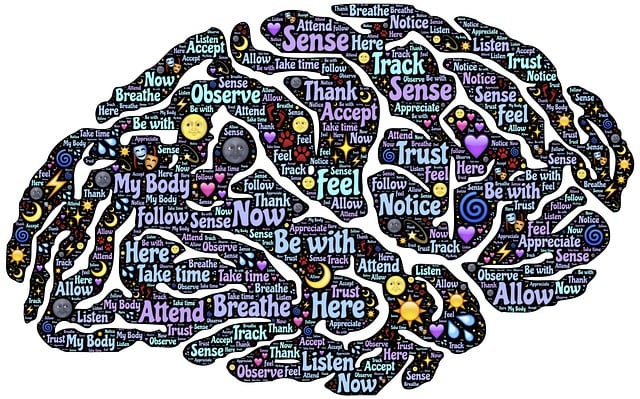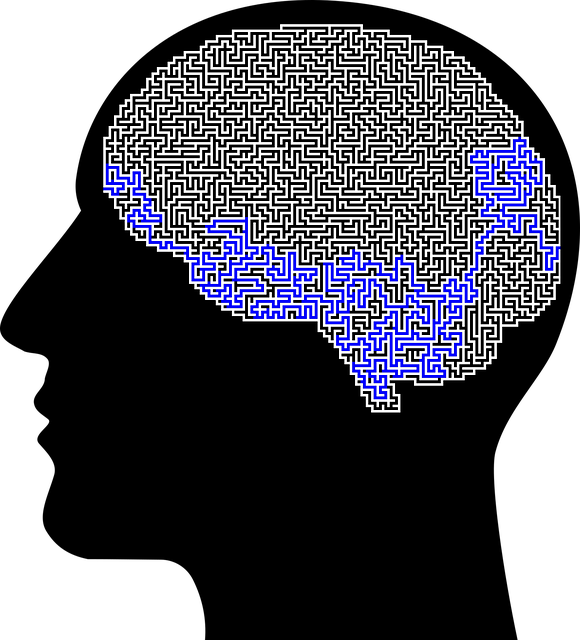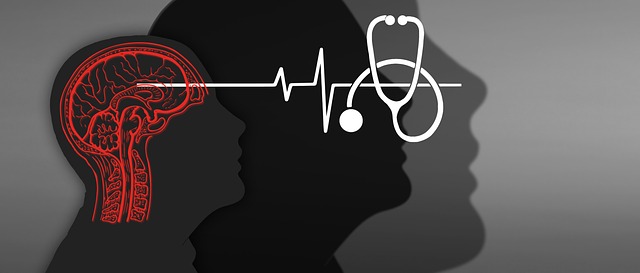The stigma surrounding mental illness, rooted in fear and misunderstanding, prevents many from seeking help. Therapy plays a crucial role in combating this stigma by creating safe spaces for adults, especially those going through divorce or life traumas, to express their experiences openly. Through structured sessions, therapists teach coping mechanisms and resilience-building against societal perceptions. After a divorce, accessing therapy is vital for managing associated emotional challenges and promoting healthier post-divorce lives. Community engagement, including workshops and tailored outreach programs like therapy for adults going through divorce, normalizes conversations around mental wellness and fosters supportive environments.
Mental illness stigma persists, hindering individuals from seeking essential support. This article delves into effective strategies for reducing stigma, exploring its profound impact on mental health. We examine the role of therapy in empowering individuals to challenge societal perceptions and provide post-divorce mental health support, highlighting its unique importance. Through community engagement, we explore collaborative efforts to break down barriers and foster a more inclusive environment. Discover practical steps towards understanding, acceptance, and accessible therapy for adults experiencing divorce, ultimately revolutionizing mental health care.
- Understanding Mental Illness Stigma: Causes and Impact
- The Role of Therapy in Challenging Stigma
- Post-Divorce Mental Health Support and Its Importance
- Community Engagement: Breaking Down Barriers Together
Understanding Mental Illness Stigma: Causes and Impact

Stigma surrounding mental illness is a pervasive issue that often prevents individuals from seeking help and support. This societal misconception can have deep roots in fear, lack of understanding, and historical contexts. Mental health conditions are as real and diverse as physical ailments, yet the associated stigma leads to many untold stories and untreated cases. The impact is profound, affecting not just the affected individual but also their families and communities.
One significant contributor to mental illness stigma is the perception that it’s a sign of weakness or personal failure. This misconception often arises from a lack of self-awareness and understanding. Divorce, for instance, can trigger anxiety and depression, highlighting the complex interplay between life events and mental health. Self-awareness exercises and therapy for adults can play a pivotal role in challenging these beliefs. By fostering self-esteem improvement and providing tools for anxiety relief, such interventions enable individuals to navigate their mental health journeys with resilience and support.
The Role of Therapy in Challenging Stigma

Therapy plays a pivotal role in challenging mental illness stigma by providing a safe space for individuals to explore their experiences openly. Through structured sessions, therapists help clients develop coping mechanisms and build resilience against societal perceptions. By sharing personal struggles and learning effective strategies in therapy, adults who have undergone divorce or other life traumas can counteract the negative impact of stigma.
In addition, therapists equip their clients with valuable communication strategies, fostering empathy building among peers and family members. This supportive environment encourages open dialogue about mental health concerns, breaking down barriers and promoting understanding. Mental Health Policy Analysis and Advocacy also guides therapists in navigating systemic challenges, ensuring clients receive adequate care and support. Effective therapy thus empowers individuals to advocate for themselves and challenge the stigma surrounding mental illness, fostering a more inclusive society.
Post-Divorce Mental Health Support and Its Importance

After a divorce, many adults experience significant emotional challenges, which can greatly impact their mental well-being. Accessing post-divorce mental health support is crucial for managing the stress and anxiety that often accompany such life transitions. Therapy for adults who have gone through a divorce plays a pivotal role in helping them navigate these turbulent times.
Professional guidance, including crisis intervention and mood management techniques, can be instrumental in providing much-needed relief from divorce-related anxiety. These therapeutic interventions equip individuals with the tools to cope with their emotions, rebuild self-esteem, and gradually adapt to their new lives. By prioritizing mental health support post-divorce, we foster resilience and promote healthier, more fulfilling lives for those navigating this significant life change.
Community Engagement: Breaking Down Barriers Together

In the ongoing fight against mental illness stigma, community engagement plays a pivotal role in breaking down barriers and fostering understanding. By engaging with local communities, mental health advocates can dispel misconceptions, promote empathy, and encourage individuals to seek necessary support. This collective effort involves organizing workshops, seminars, and awareness campaigns that shed light on various aspects of mental well-being, including stress reduction methods and mood management techniques. These initiatives not only help in normalizing conversations around mental illness but also equip community members with tools to recognize signs and offer appropriate support.
One effective strategy within community engagement is implementing community outreach program implementations tailored for specific demographics, such as adults going through divorce. These programs can provide targeted therapy sessions, peer support groups, and educational resources, ensuring that individuals facing life transitions or challenges have accessible and non-judgmental avenues to improve their mental health. Through collaborative efforts, communities can create a supportive environment where everyone feels empowered to prioritize their psychological well-being.
Mental illness stigma, deeply rooted in societal perceptions, significantly impacts individuals’ willingness to seek support. Through understanding its causes and consequences, we can catalyze meaningful change. Integrating therapy for adults facing divorce into our approach empowers healing and challenges stigma. Community engagement plays a pivotal role in fostering inclusion, breaking down barriers, and ensuring those struggling with mental health issues receive the necessary support they deserve. Together, these efforts contribute to a more empathetic and supportive society where individuals can openly pursue their well-being without fear of judgment.














